What Should You Look for in a Home Inspection?
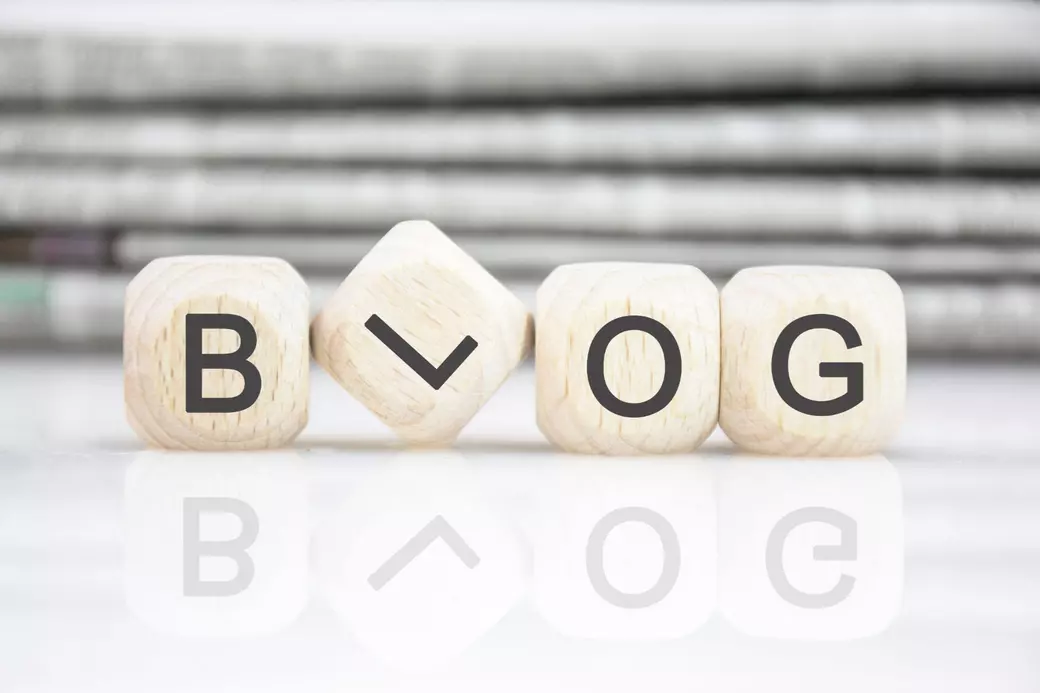
🦩 5 Things Every Buyer Should Watch Closely
Buying a home is exciting—but let’s be honest, it can feel a little overwhelming, too. One of the most important steps in the process is the home inspection. This is your moment to peek behind the curtain and make sure the home you’ve fallen in love with isn’t hiding any surprises.
At Neighborhood, we like to think of this part like walking through a house with a trusted neighbor who knows how things should work—and isn’t afraid to point out when they don’t. 🛠️
Here are the top five things buyers should pay close attention to during the home inspection—so you can move forward with confidence (and fewer surprises).
1. Roof & Attic: The First Line of Defense
The roof is a big-ticket item. If it’s near the end of its lifespan or has issues like missing shingles, signs of leaks, or poor ventilation in the attic, that could mean costly repairs in the near future. Your inspector should look for:
-
Sagging areas
-
Water stains in the attic
-
Signs of mold or improper ventilation
-
Rusted flashing or gutters
🧠 Neighborhood Tip: Ask how old the roof is and whether it qualifies for wind mitigation discounts on your insurance (a biggie here in Florida!).
2. Electrical System: Safety First
An outdated or unsafe electrical system can be a major hazard—not to mention a code violation. Your inspector will check:
-
Electrical panel capacity and condition
-
Proper grounding
-
GFCI outlets in kitchens and bathrooms
-
Exposed or outdated wiring
⚡ Neighborhood Tip: Watch out for older homes with aluminum wiring or fuse boxes—they often need updating.
3. Plumbing: What’s Flowing (or Not) Behind the Walls
Leaky pipes and outdated plumbing materials can lead to water damage, mold, or expensive replacements. Ask your inspector about:
-
Water pressure at faucets
-
Drainage and signs of clogs
-
Visible leaks or corrosion
-
Pipe materials (Galvanized steel? That’s a red flag.)
🚰 Neighborhood Tip: Even small drips can lead to big repair bills. It’s okay to ask for repairs—or a credit to cover them.
4. Foundation & Structure: The Bones of the House
The structural integrity of a home matters more than almost anything else. It’s not always about what you can see, but what the inspector finds underneath. Watch for:
-
Cracks in walls or ceilings
-
Uneven flooring
-
Doors or windows that stick
-
Evidence of previous foundation repairs
🏚️ Neighborhood Tip: A few hairline cracks are normal in Florida—but large, jagged, or horizontal ones? That’s worth a second opinion.
5. HVAC System: Comfort + Cost
In Florida, your air conditioning system works hard—so you’ll want to know it’s up to the task. Your inspector should check:
-
The age and condition of the system
-
Proper cooling and heating function
-
Ductwork and air filters
-
Any signs of past leaks or mold
🌬️ Neighborhood Tip: HVAC systems typically last 10–15 years. If it’s near the end, you may want to negotiate a replacement or warranty.
Final Thoughts: Don’t Be Afraid to Ask Questions
Remember: a home inspection isn’t about making the house perfect—it’s about knowing what you’re walking into. Every home has its quirks, even the brand-new ones. The important thing is being informed, so you can make confident decisions.
And if you ever feel unsure, I’m here to walk through it with you—just like a neighbor would.
Buying a home in Central Florida? Let’s make sure you know what to look for and what questions to ask—before you sign on the dotted line. Reach out anytime! 💬🦩
Categories
Recent Posts
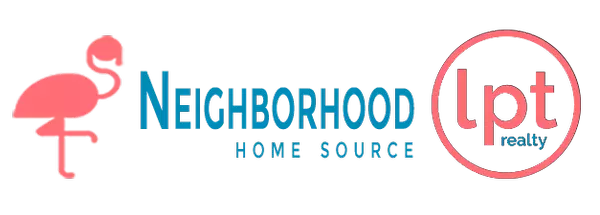


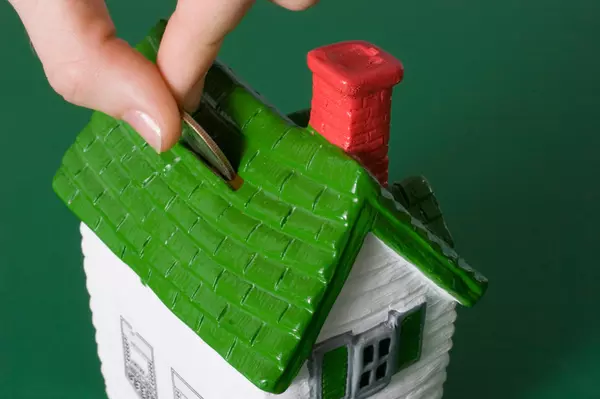
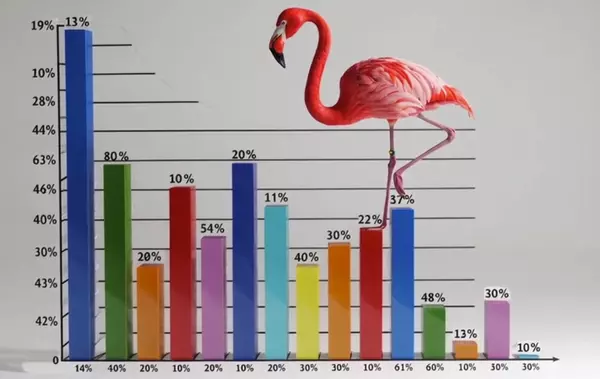


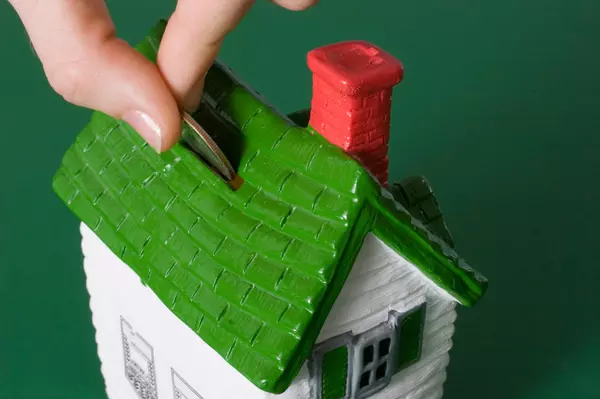

"Molly's job is to find and attract mastery-based agents to the office, protect the culture, and make sure everyone is happy! "
GET MORE INFORMATION
